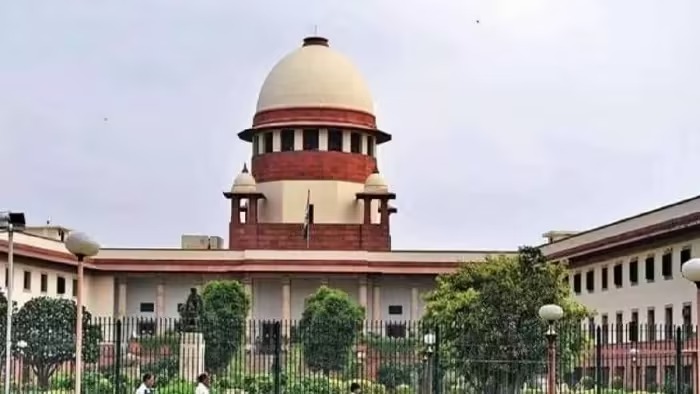
New Delhi: The Supreme Court has dropped criminal proceedings initiated by the state government against 30 Army personnel accused of killing 13 civilians in 2021 in a botched operation against militants in Nagaland's Mon district.
A bench of Justices Vikram Nath and PB Varale said that under Section 6 of the Armed Forces Special Powers Act (AFSPA), 1958, the Central government had on February 28 last year refused to grant permission for prosecution against these army personnel.
Proceedings on two separate petitions of wives closed
No legal proceedings or prosecution can be initiated against any person exercising powers conferred under this provision without the prior permission of the Central Government. The apex court said that if permission is granted at any stage under Section 6 of AFSPA, then proceedings can continue as per the FIR registered and can be taken to its logical conclusion.
The apex court closed proceedings on two separate petitions of the wives of army personnel seeking closure of the case registered by the Nagaland police.
Notice issued in the case
One of these petitions was from the wife of a Major rank officer. The court also refused to accept the request of the Nagaland government that the army be directed to initiate administrative action against the accused army personnel. The court said in its order that it is completely the discretion of the army whether to initiate disciplinary action against its officers or not.
The Supreme Court also said that the Nagaland government has filed a separate petition challenging the Centre's refusal to allow prosecution against the Army officials and notice has been issued in the matter.
No right to prosecute military personnel
Earlier, the apex court had stayed further proceedings in the FIR lodged by the state government against the army personnel in an interim order dated July 19, 2022. The wives of the army personnel had sought to stop the criminal proceedings on the ground that the state government does not have the right to prosecute the army personnel due to the exemption granted under AFSPA.
--Advertisement--

 Priya
Priya Share
Share



